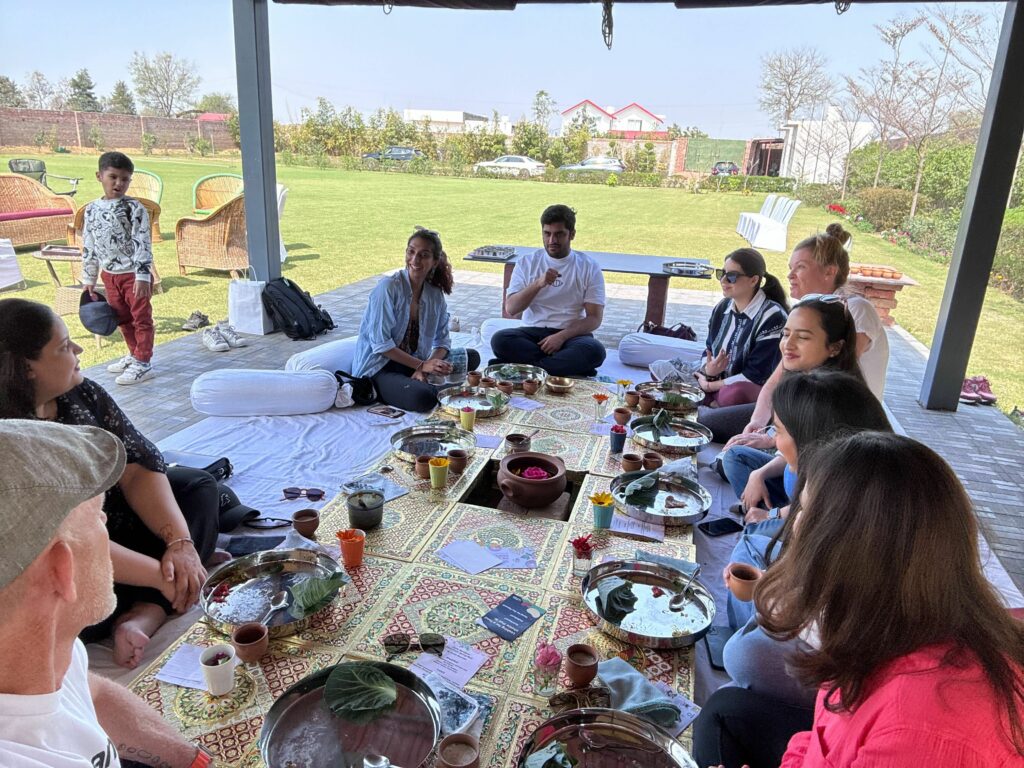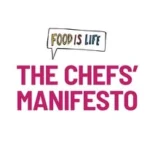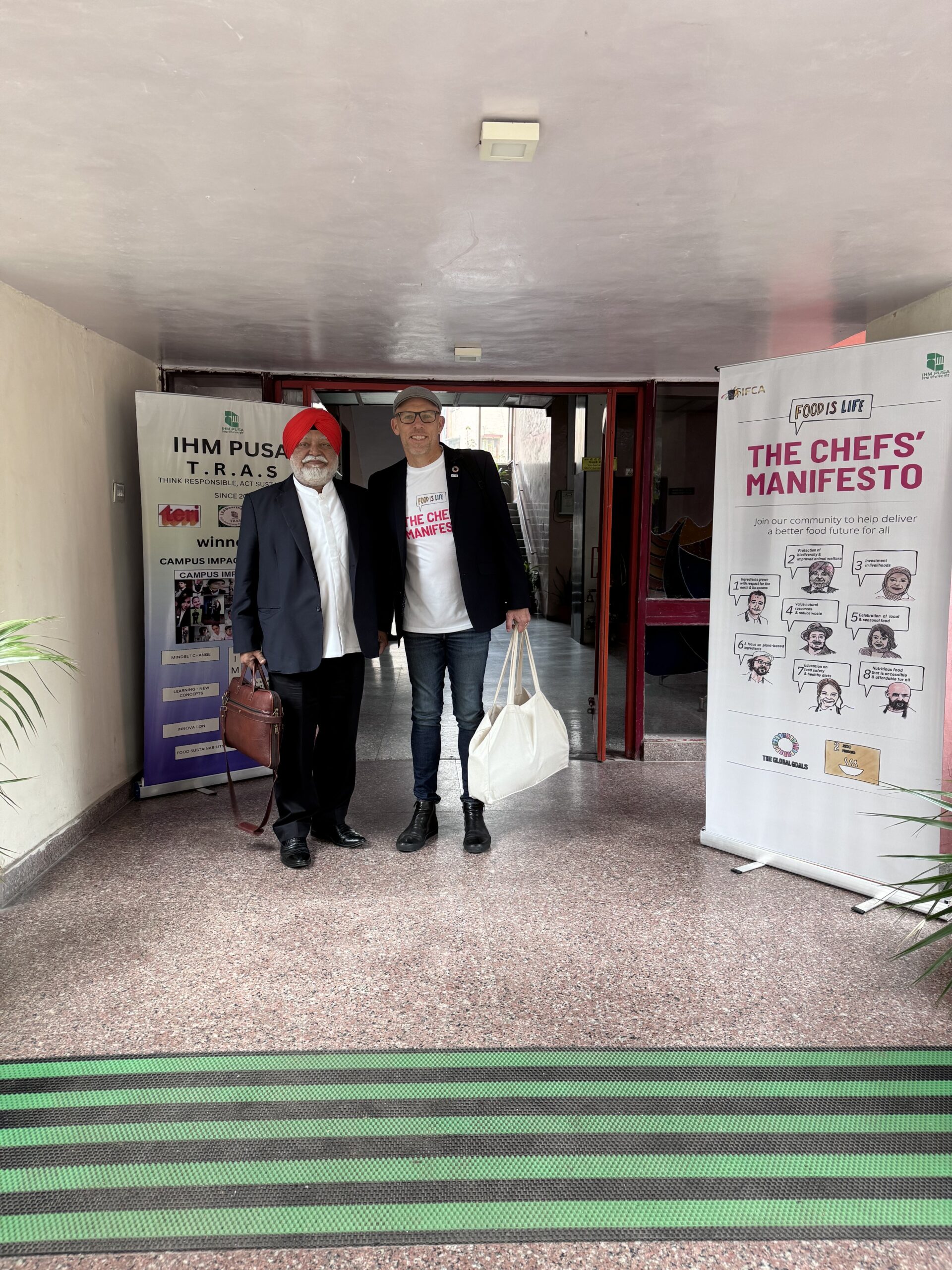
The month of February saw Executive Director Paul Newnham and Project and Partnership Lead Keren Allen travel to India to run several Action Hubs in Chennai, Mumbai and Delhi. There is so much enthusiasm, passion and exciting work happening across India, it was great to connect in further with work being done there, as well as offer some advocacy inspiration for the coming months ahead.
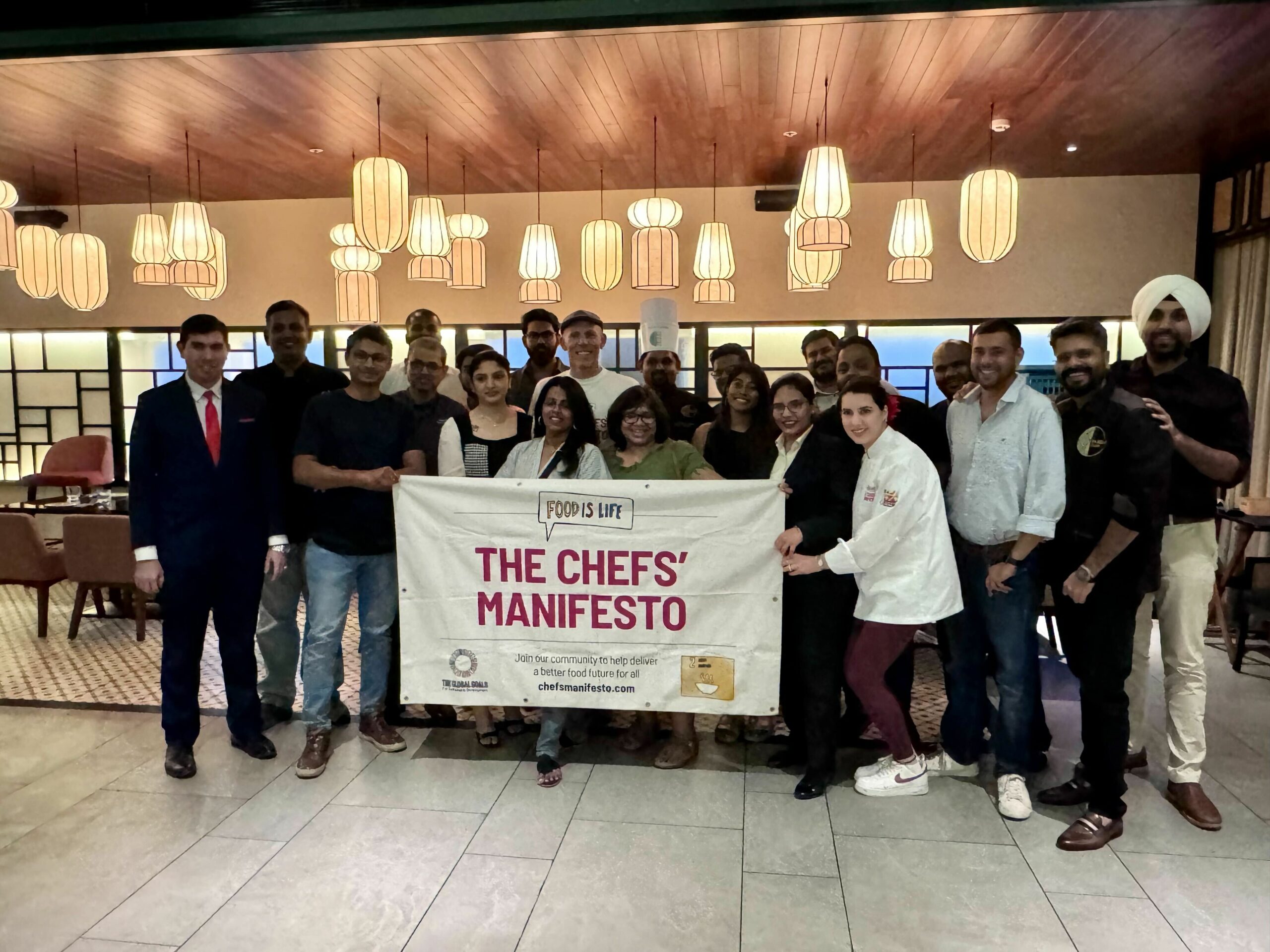
Friday 16 February at the Pandan Club, Chennai
The Pandan Club in Chennai is a rich fusion of Singaporean, Malaysian and Indian cuisine, taking you on a food journey unique to the Peranaken cuisine culture. Chef Sashi Cheliah, together with Big Bandha’s Manoj have created a beautiful dining experience that surprises the palate, maximising local, seasonal ingredients together with their knowledge of taste and flavour. This proved to be the perfect location for the Chefs’ Manifesto to facilitate an Action Hub for local chefs and food industry experts in Chennai.
After an introduction to the Chefs’ Manifesto network, framework and Action Plan, together with an introduction to the Pandan Club, and real life experiences shared from Chef Anahita Dhondy, attendees were invited to partake in a lengthy discussion, answering one key question: what are the challenges facing the food systems in and around Chennai?
The key takeaways attendees on the challenges were:
- There is a disconnect with ingredients and where they come from amongst most citizens and even chefs.
- Cooking behaviours and patterns are diminishing and in some places, kitchens aren’t even there.
- An uncertainty on how to keep local food traditions going.
- Packaging and sourcing with the changing climatic conditions is difficult and not always consistent, so produce can often spoil before it arrives in the city.
- Customer expectations often drive the menu choices, and they find menu consistency important which isn’t necessarily seasonal; customers tend to want to eat what they don’t cook at home which is often Western or European cuisines.
- There isn’t a strong traditional local food culture anymore due to outside influence and demand for western food; local food needs to be more celebrated.
Some solutions shared were:
-
If you look hard enough and make connections with producers, you can find the ingredients within the state – you can choose not to source outside the state which encourages and supports local production.
-
Context setting within restaurants is important and this can be your consistency – chefs and restauranteurs need to decide on their story and narrative, and stick with it.
-
The ingredients need to be accessible for chefs, so peer-to-peer education is important within the industry.
-
Celebrate local food and elevate it’s status amongst citizens’ palates
-
Educate the younger generations on food and local food culture – start early in schools and bring in older generations to knowledge share.
-
The conversation throughout the session was filled with insights, practical suggestions and an overall sense of desire to make positive changes that will help improve accessibility, awareness and showcase Chennai’s unique food scene.
-
The Chefs’ Manifesto are very thankful to the Pandan Club and all their team, for being such gracious hosts and sharing delicious food with everyone, as well as critical industry insights.
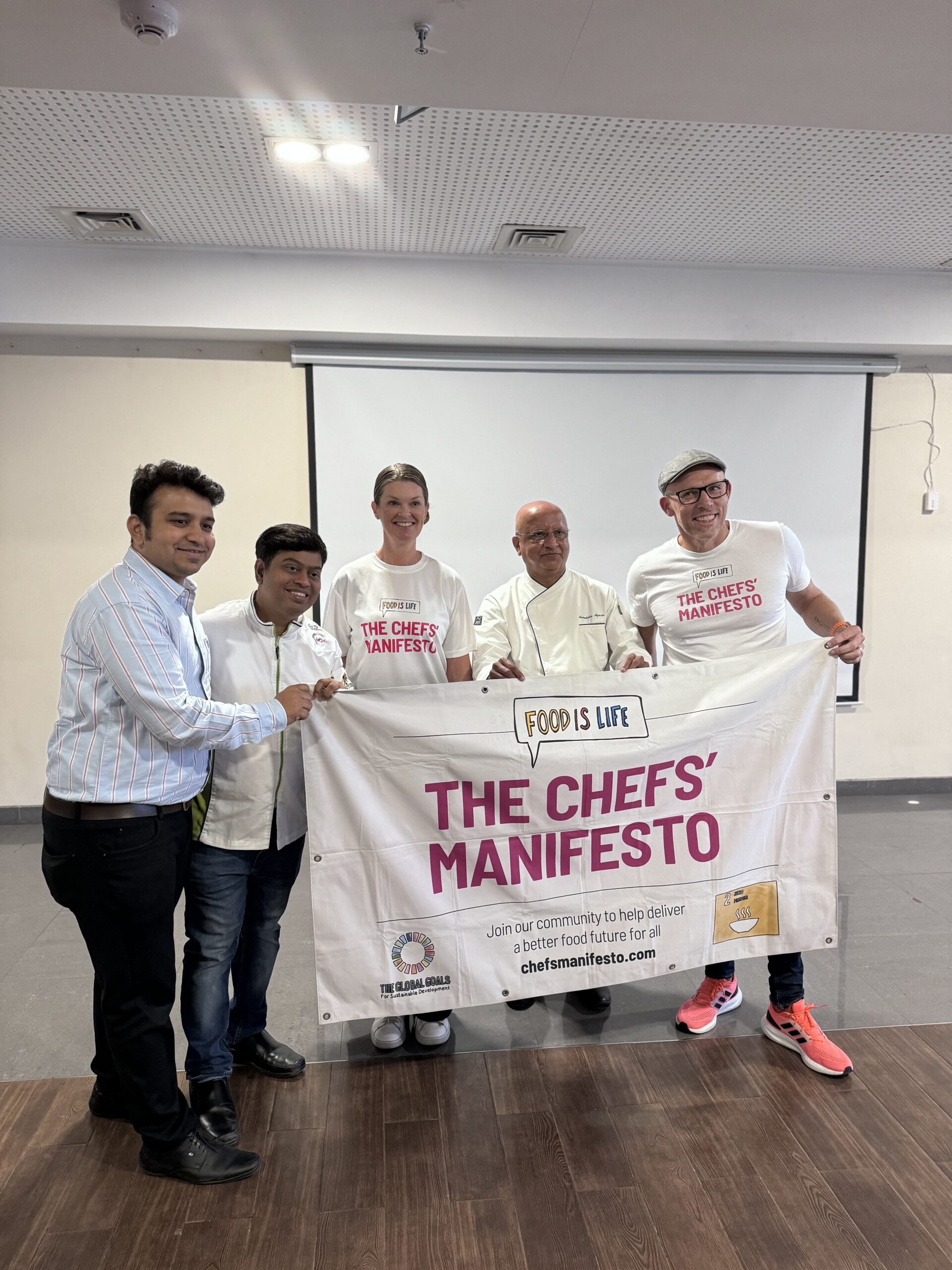
Monday 19 February Mumbai
With many master chefs training the next generation of culinary giants in Mumbai at Ramanath Payyade College of Hospitality Studies, it was an excellent location to host the morning session of the Chefs’ Manifesto Action Hub Mumbai. Chefs and students joined together for an engaging two hours, joining in an engaging program:
- Official welcomes
- Lighting the Lamp
- Introduction to RPH College
- Chefs’ Manifesto introduction from Mr Paul Newnham
- Panel discussion facilitate by Ms Ayesha Mohta followed by a Q and A
- Cooking demo by Chef Amrita Prabhudesai
- Closing remarks from Mr Sudhur Pai
- Thanks for Chef Yogesh Utekar
- National Anthem
Chef Shrimoyee Chakaraborty joined as a Chefs’ Manifesto network chef representative on the panel, together with Chef Anahita Dhondy, both sharing key insights for the students to take with them into their culinary future.
The panel discussion was a rich tapestry of insights from chef lecturers, West Indian Culinary Association representatives, the Indian Federation of Culinary Associations representatives, and restaurant chefs. The over arching topic for the discussion was how do we run restaurants truly sustainably? With questions challenging food waste, sourcing, procurement processes, training and education, the conversation flowed back and forth between panellists.
Emerging from the panel discussion were two distinct topics.
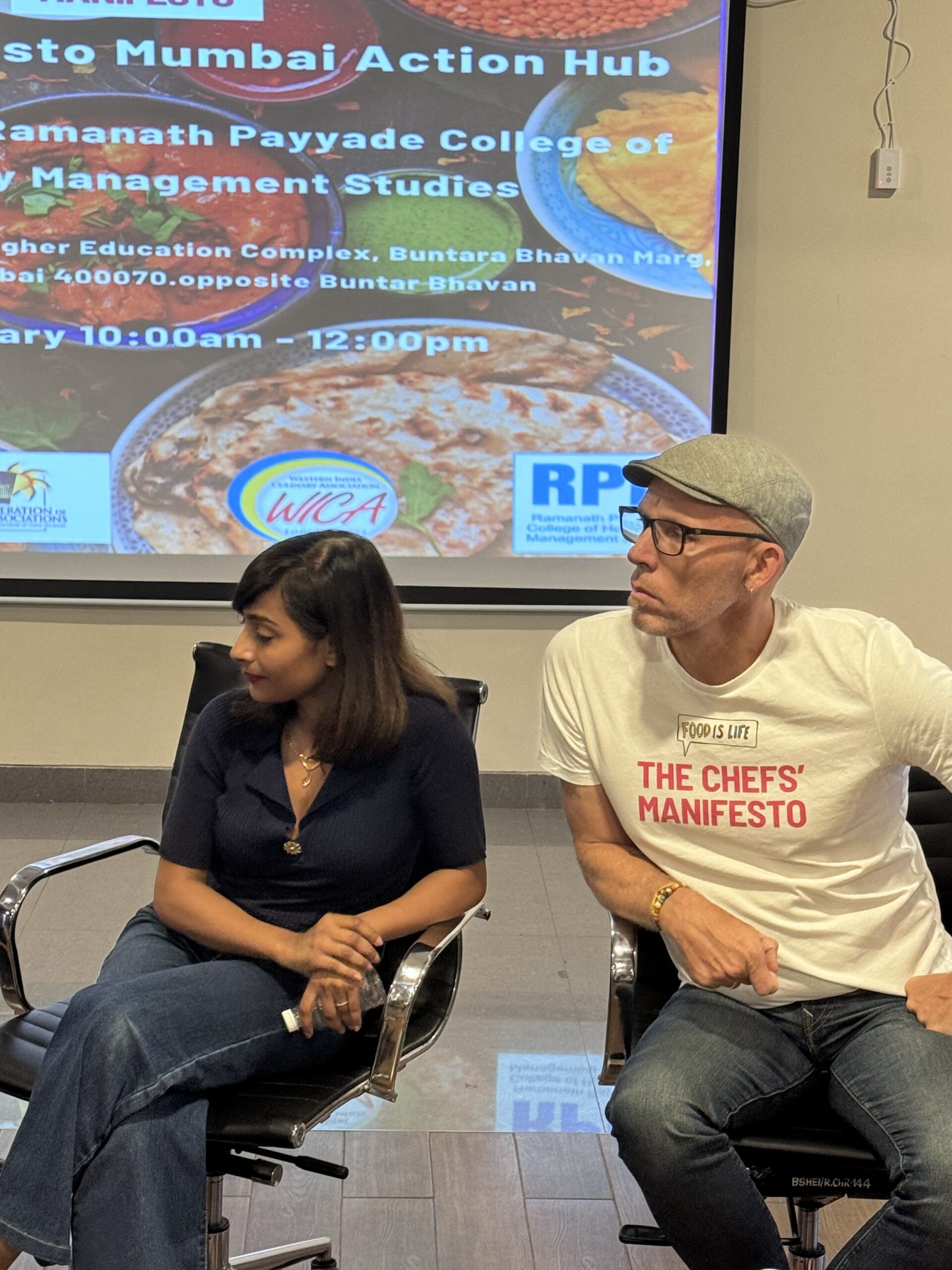
Key challenges in Mumbai’s food industry:
- The true cost of sustainability to a business
- How to best showcase regional cuisine
- Local and seasonality – access can be difficult due to heavy traffic constraints and the time involved in transporting food
- Menus are too big in Mumbai restaurants = a large amount of food waste
- Logistics of moving food surplus is difficult due to the temperature in Mumbai
- Most people don’t care about sustainability – they care about cost, convenience and taste
Key solutions to adopt in kitchens:
- Engage the customer in the narrative
- Use social media to educate
- Education at the culinary college level – this is critical
- Join forces with companies that collect food surplus to on sell and re-purpose
- Work directly with farmers to learn what their produce is, order limited quantities, plan your menu accordingly
- Use technology to find chefs who work with a lot of farmers – follow their tags and create a database
- Create stories that give more value to sustainable stories to bring the customer into the journey of sustainable food – must be delicious, affordable, convenient and sustainable
The morning session was engaging, insightful, full of learnings and the cooking demo from Chef Amrita was delicious and nutritious using millet to make brownies! With thanks to the entire college staff and students, WICA and IFCA for making the session possible.
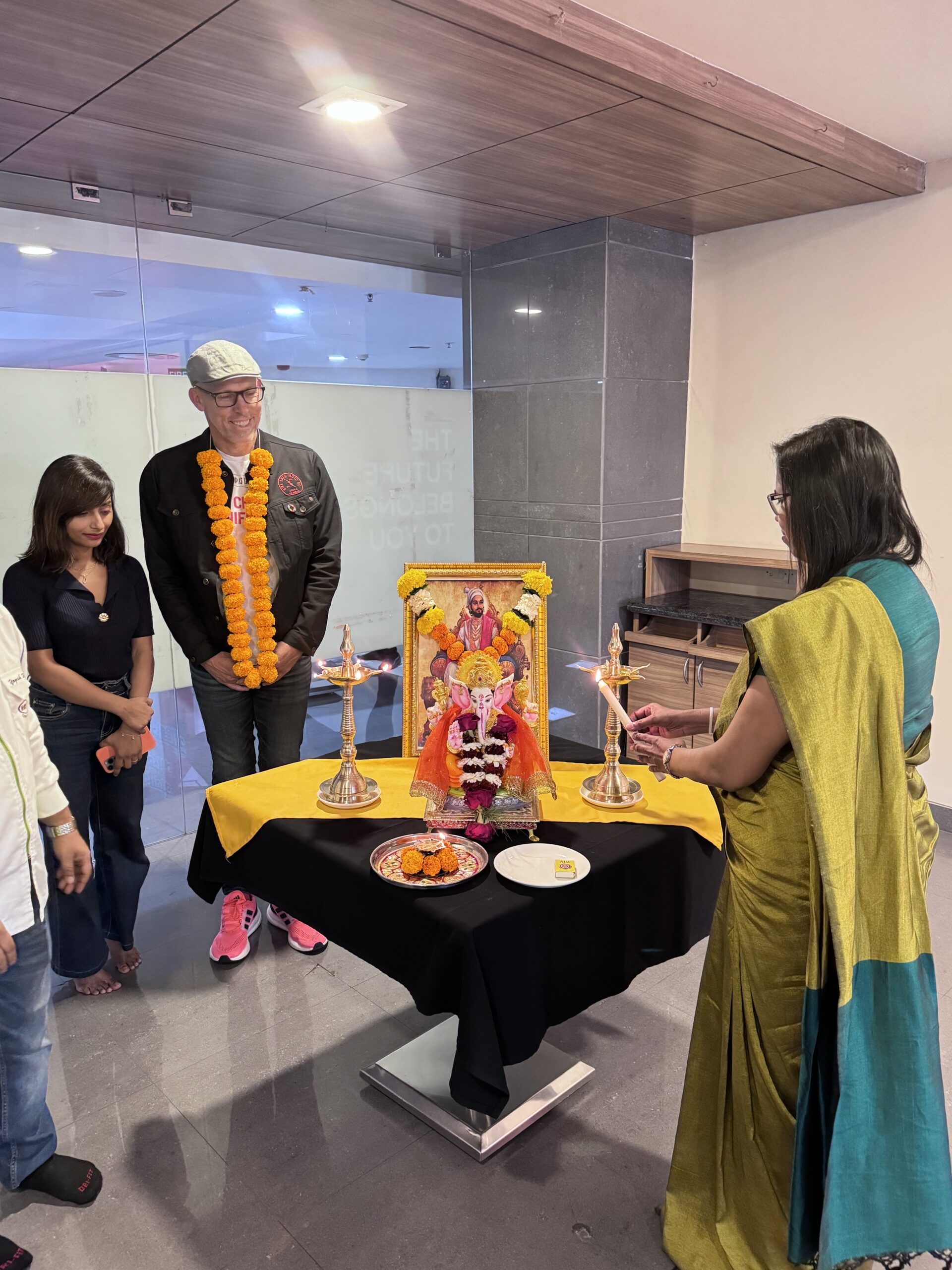
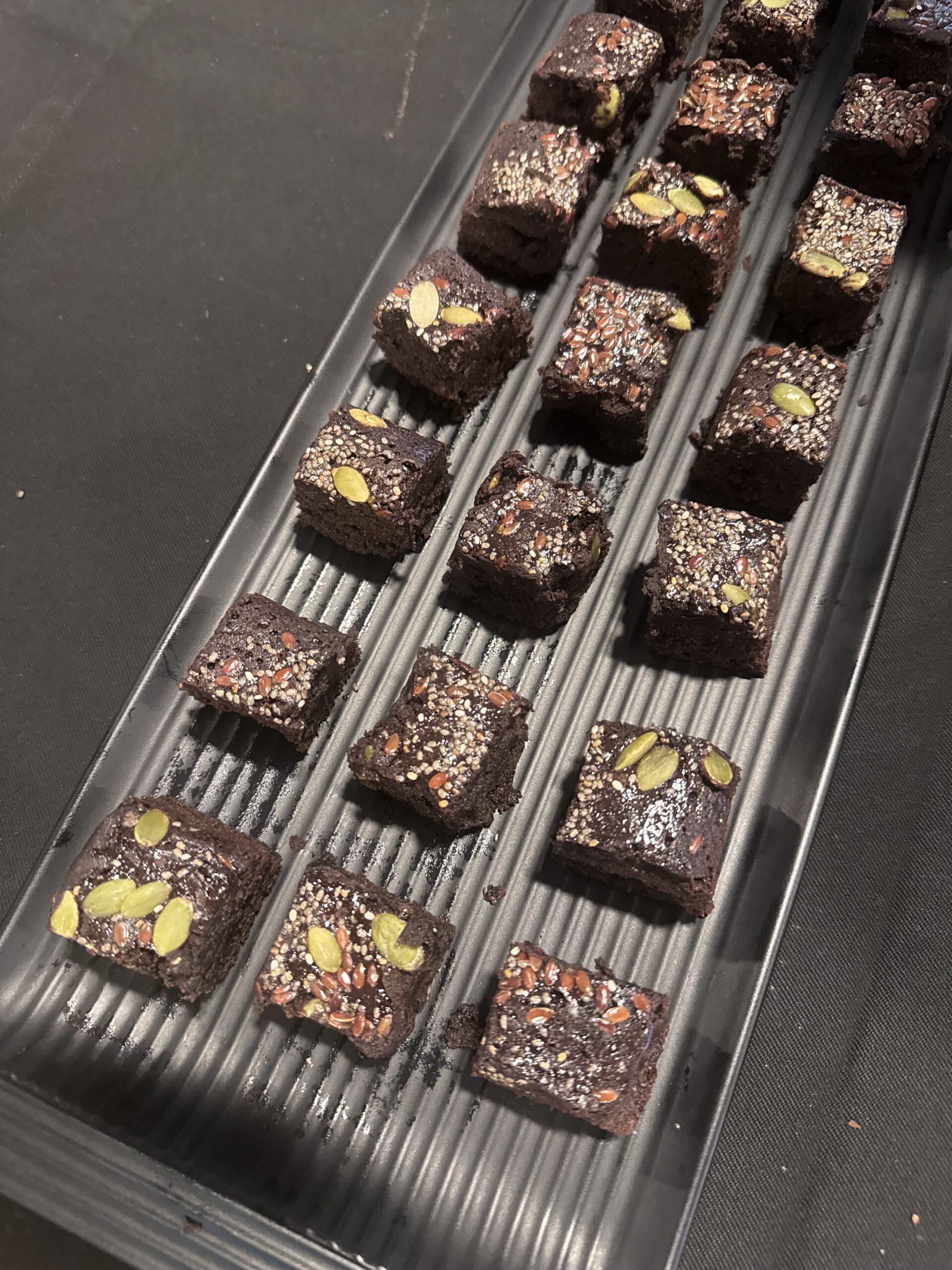
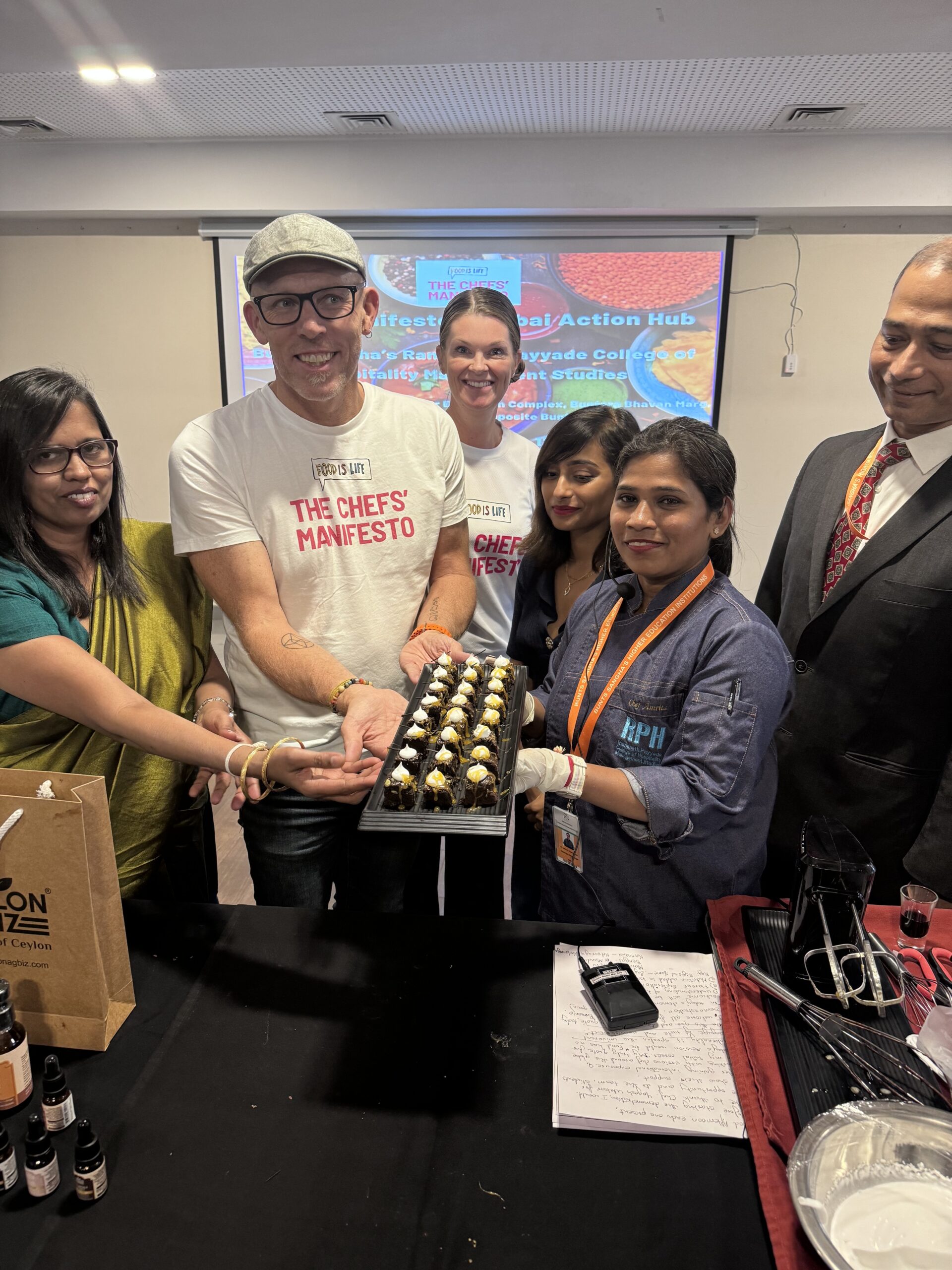
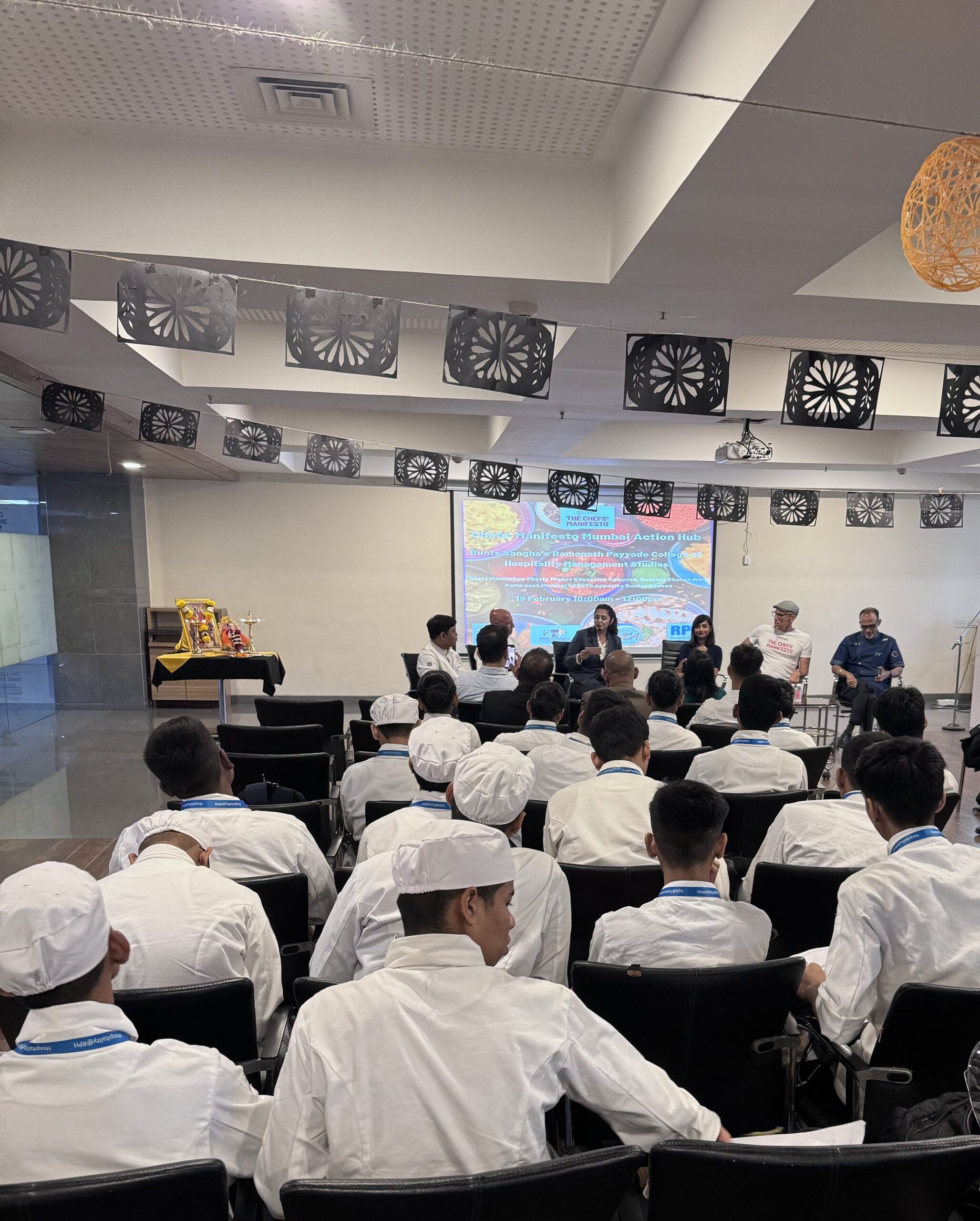
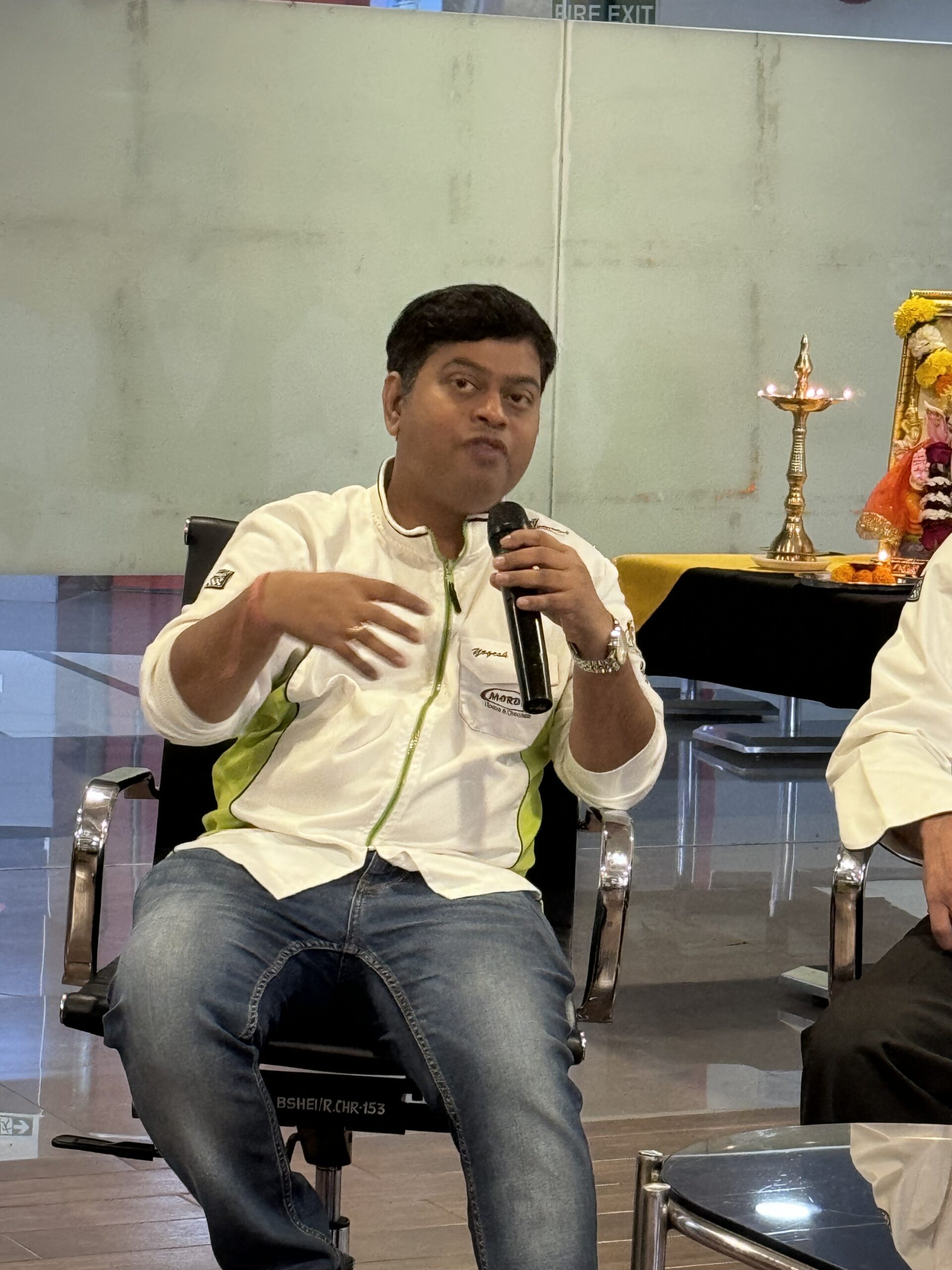
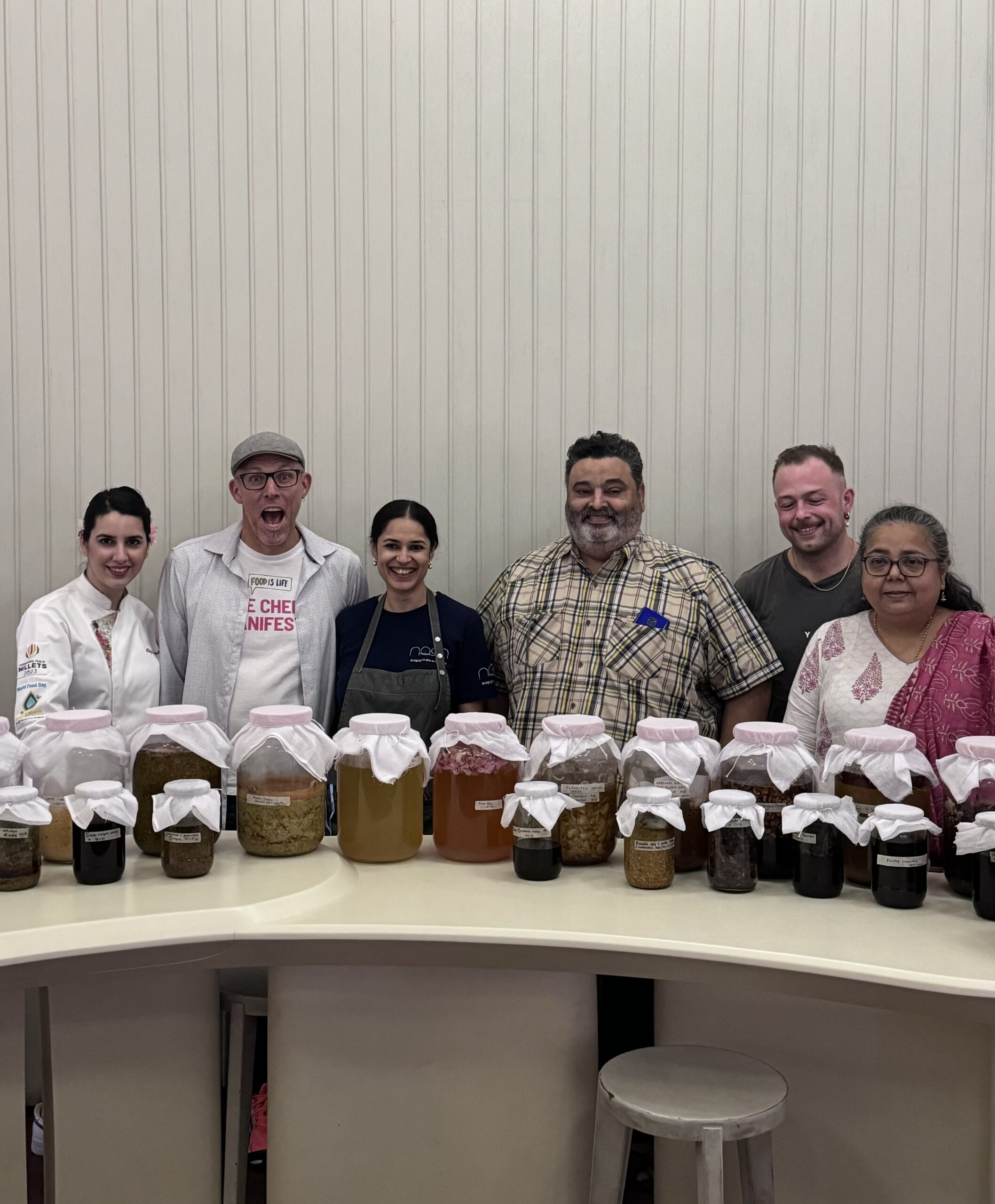
NOON Mumbai
Later in the day, Chef Anahita Dhondy and Paul Newnham, joined Chef Vanika Choudhary at her restaurant Noon. Noon Mumbai is a stunning restaurant at the forefront of farm to table fine-dining, bringing traditional indigenous fermentation practices as well as lesser known ingredients, to the plate. Chef Owner Vanika and her team, brought together several local chefs and industry professionals, including Dr Kurush Dalal, to discuss how the Chefs’ Manifesto network can learn from Indian food anthropology and archaeology, to transform India’s food systems.
Dr Kurush and Paul discussed many topics, including indigenous ingredients, traditional cooking practices, what is needed to truly transform food systems, and how we need to look back in order to move forward in a way that is better for people and the planet. The afternoon was deeply thought provoking, and left all present thinking about their own kitchen practices.
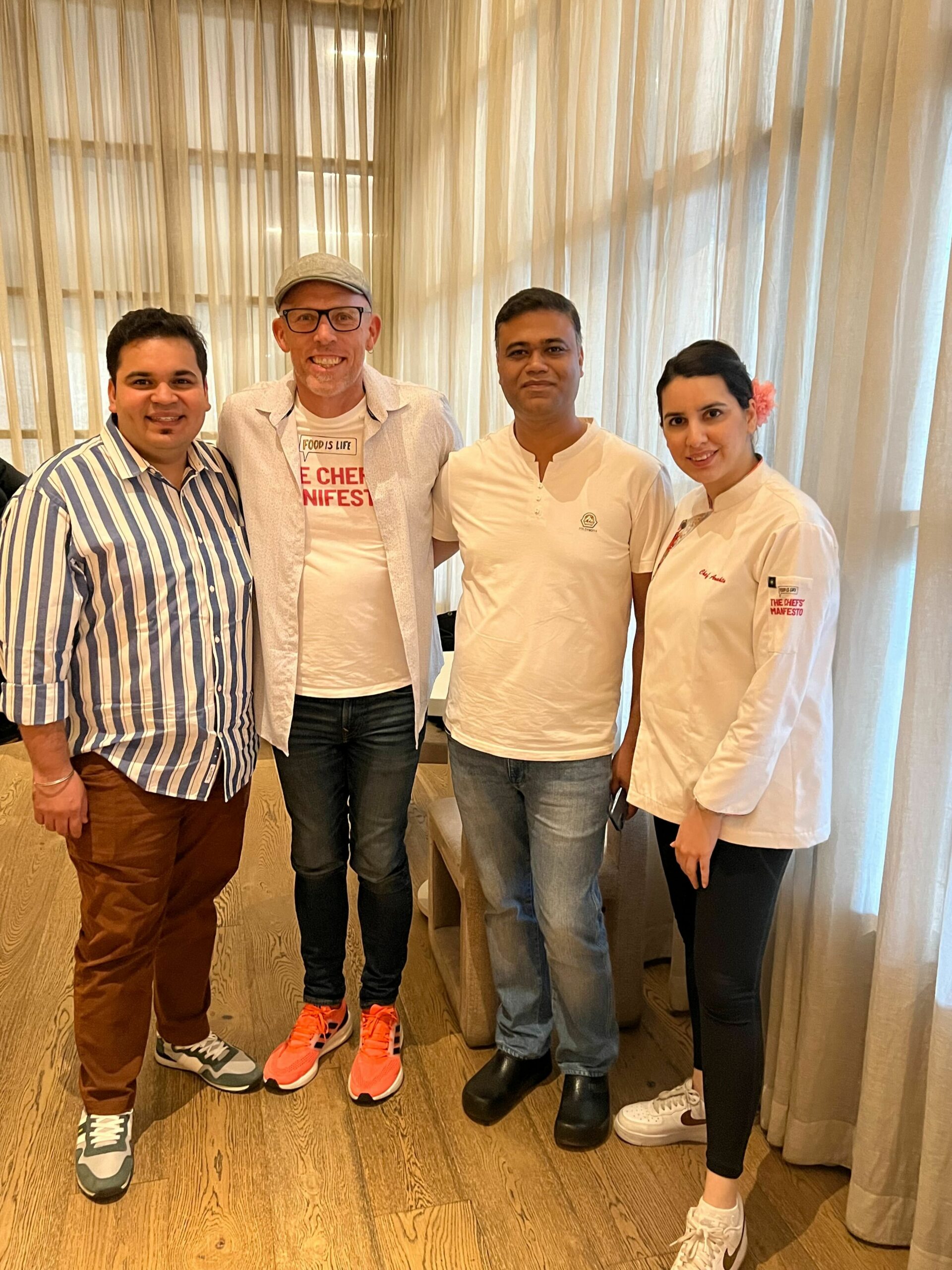
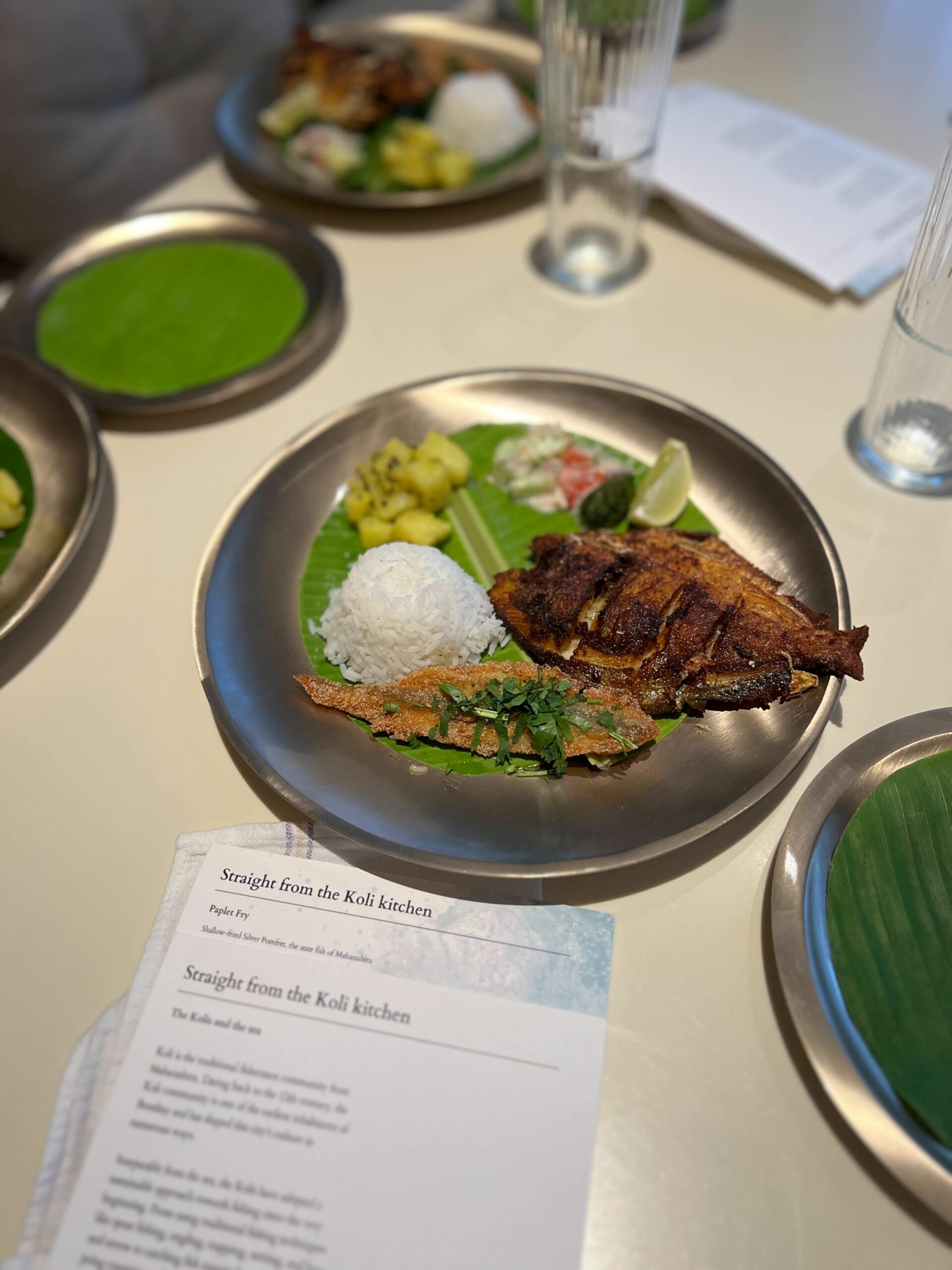
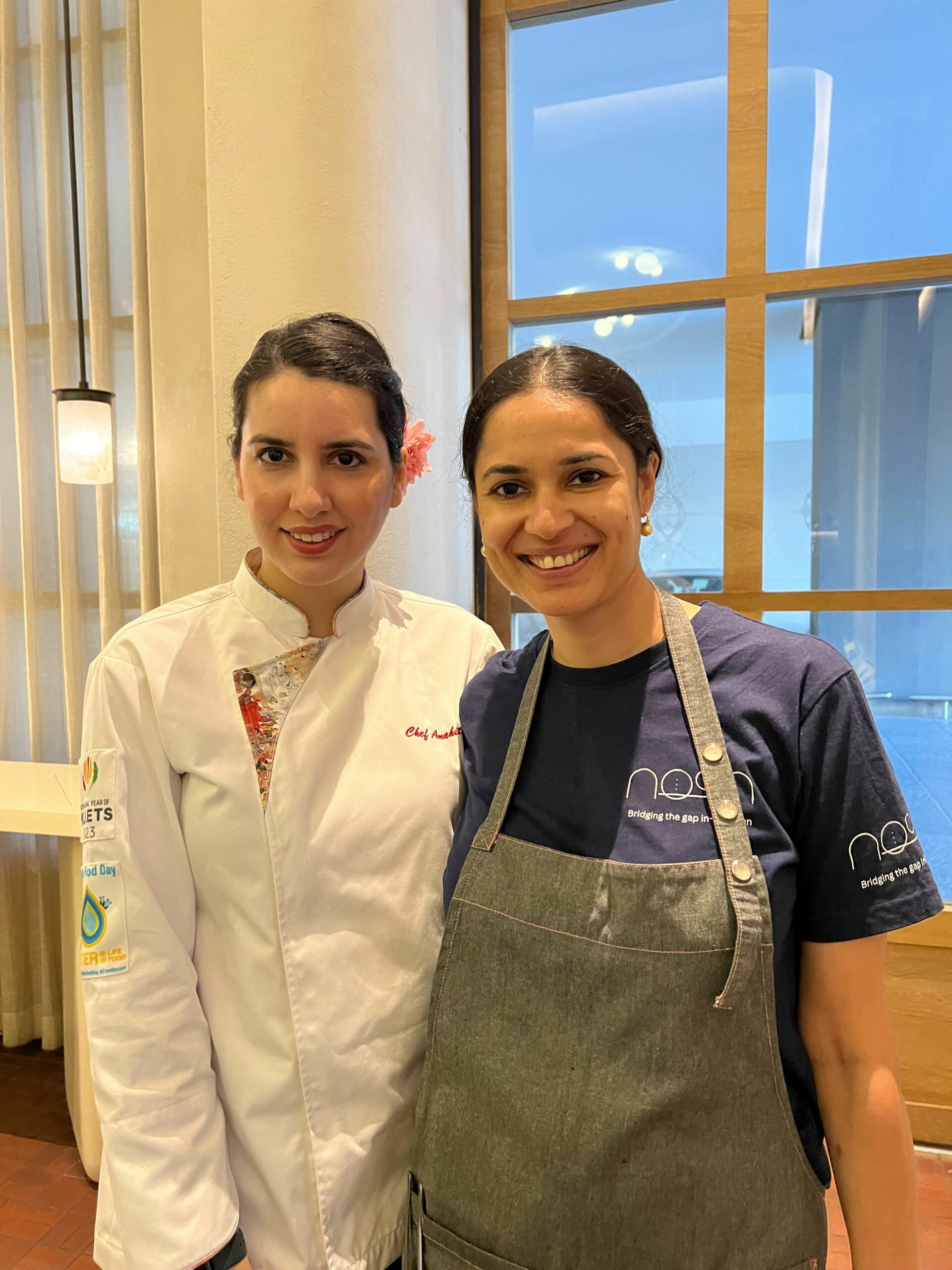
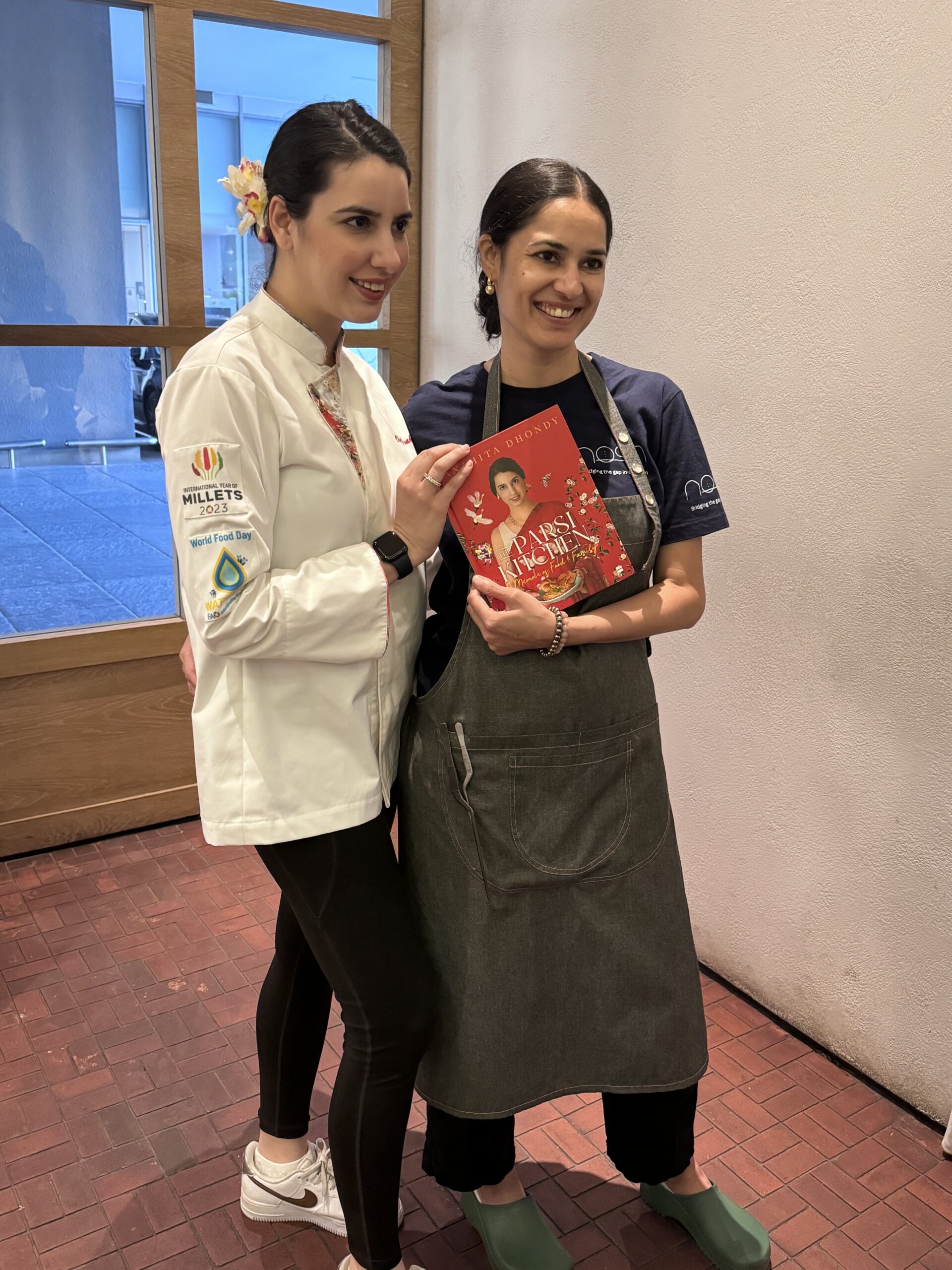
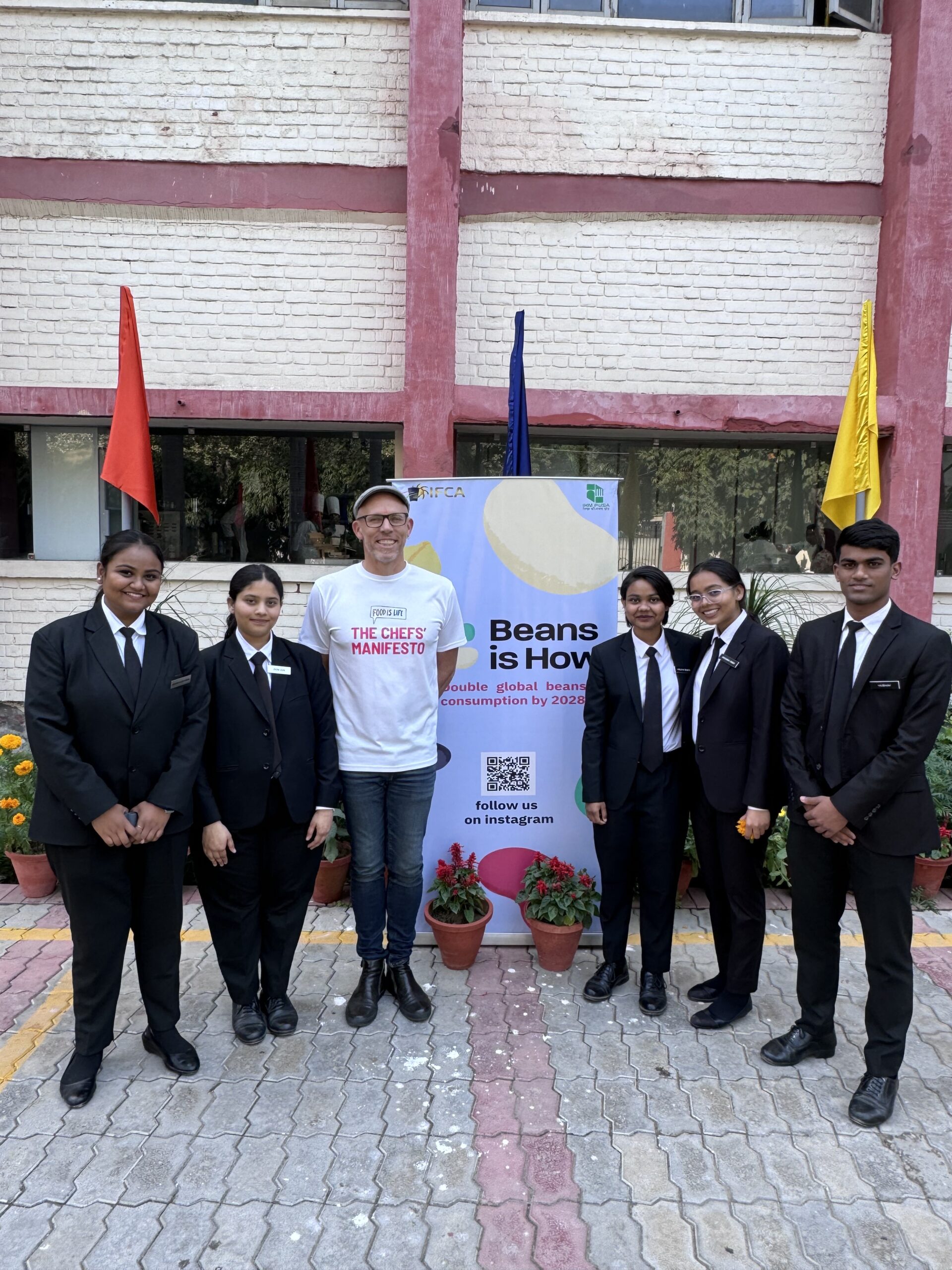
Wednesday 21 February New Delhi
Joining approximately 70 students at IHM Pusa, chefs from across Delhi came together for an action packed day of learning and sharing together. Several students were involved in a welcome to all guests, together with a heartfelt opening address from Chef Manjit Gill.
The program was as follows:
- Official Welcome
- Student welcome and introductions
- Lighting of the lamp
- Chef Manjit Gill address
- Paul Newnham – presentation on the Chefs’ Manifesto and Q and A
Panel discussion - Lunch
- 3 x Masterclasses
After Paul Newnham had presented on the Chefs’ Manifesto Action Plan and network, guests were invited to ask questions. After a rousing round of Q and A, the principal of IHM Pusa Mr Kamal Kant Pant initiated a panel discussion. Chefs joining the panel varied in experience and background, bringing a diverse range of perspectives to the questions. The overarching topic for the discussion centred around the topic “A roadmap for India contributing to driving food systems transformation”.
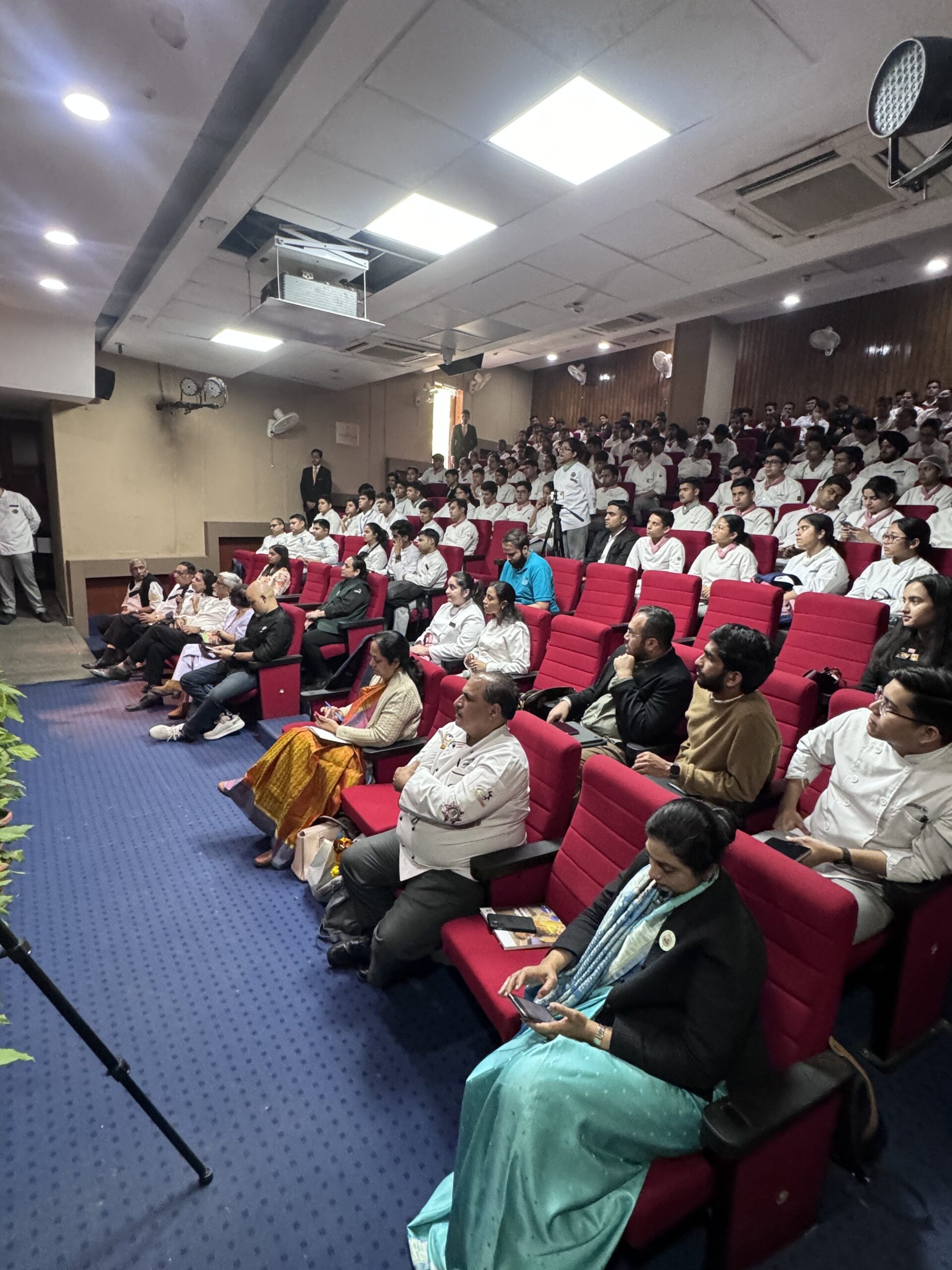
Opening the discussion was an overview of the initiatives already taken by IHM Pusa to drive forward sustainability:
-
A food ration department
-
Chefs who are in action – our chefs are always in action! Act for good.
-
It is not just doing one part – championing millets and other indigenous grains
-
To make something popular it has to be attractive to the younger generation
-
Don’t tell students necessarily what they are eating – let them accept it and then get feedback
-
Followed by a discussion on working with farmers as India is an agricultural community.
- It has to go out of the classroom and into the real world
- Follow other chefs who are doing it right – but then become someone you can follow
- Focus on local cuisine
- Be proud of where you are from and share your cuisine
Chef Ved shared that:
- The biggest challenge in running sustainable kitchens is educating the guests / diners
- His kitchen doesn’t use anything that is used in a factory – they source ingredients and make them ourselves
- Their ketchup is made from beetroot!
- Customer have learned to accept their in house products and dishes including condiments
- One of the biggest things in sustainable cooking, is believing that it can work, and then doing it – making it the key priority
Mr Kumal Kant Pant highlighted that convenience has become more important to most people, and nutrition is suffering. Chef Gunjan Goela also commented that chefs have immense influencing power:
-
People listen to what a chef is saying
-
So therefore how can we influence dietary habits?
-
Most adults are working and have limited time to cook – could take it in turns to cook and involve the children in cooking
-
We shouldn’t ever waste good food! It costs money.
-
Be conscious of your actions – what does good food mean to you?
-
There are no boundaries with food – it is your mind that can think and create and then do!
Chef Ved closed out the discussion by making some excellent points:
- We all need to go back to our roots and start practising this at home
- Plan your menus = no food waste
- Be prepared ahead of time
- You should not make one thing that is not good for something else (good for people but not good for the planet and vice versa)
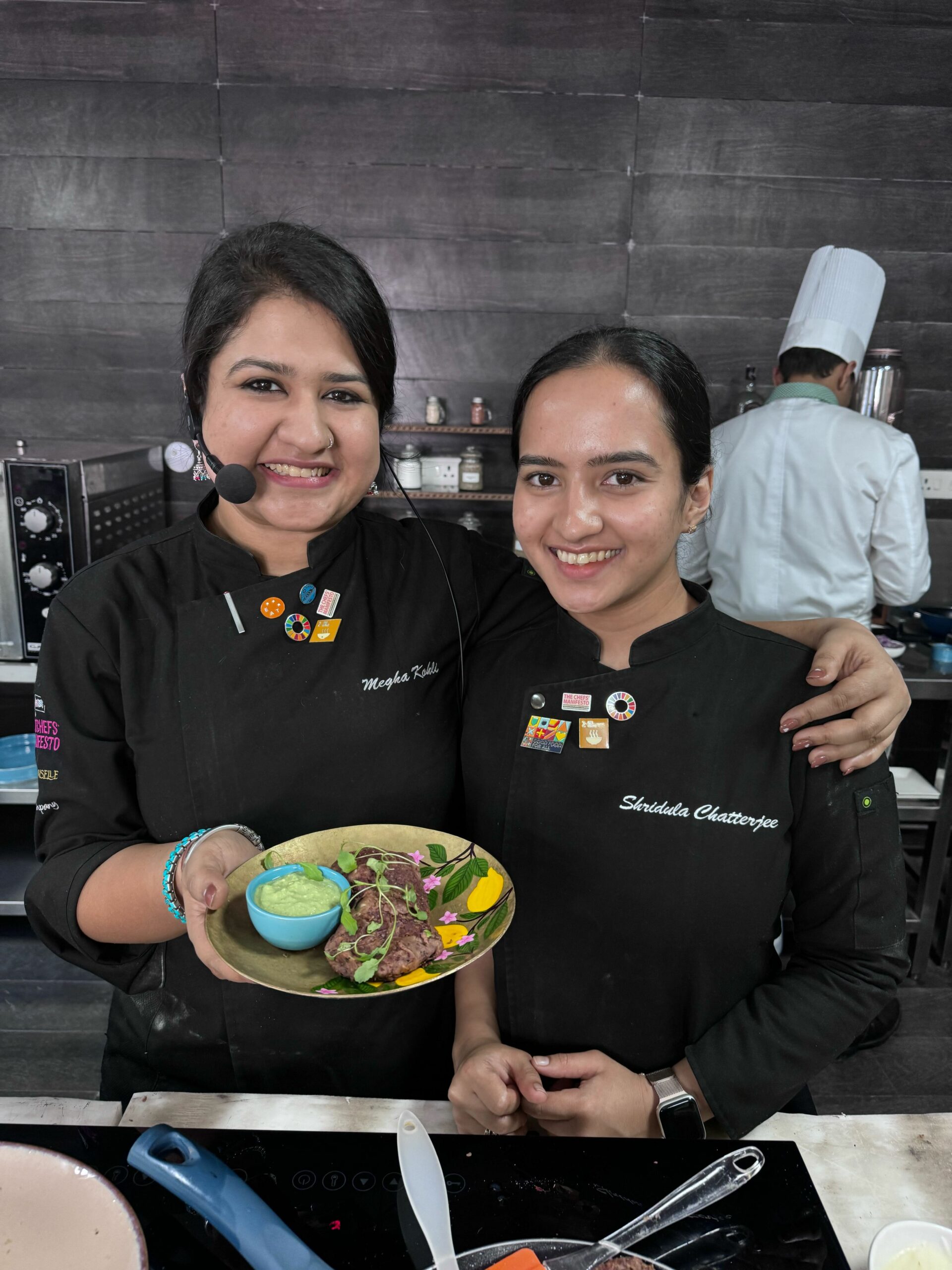
After a delicious lunch, served by the students and staff at IHM Pusa, featuring regional dishes, the afternoon was spent learning from four talented chefs: Chef Shalini Rajani, Chef Megha Kohli, Chef Shridula Chatterjee and Chef Gunjan Goela. Chef Shalini made two dishes, combining moringa – a future 50 food – and millets, together with turmeric, beans and plenty of greens! Chef Megha and Chef Shridula brought plenty of ideas, techniques and ingredients to the learning table, making delicious bean based bites which we all loved eating afterwards! Chef Gunjan closed out the afternoon, showcasing delicious food for the students to learn from combining local and regional ingredients.
With special thanks to IHM Pusa, Chef Manjit Gill, all the staff at the college, IFCA and all the chefs who attended, for making the day possible.

